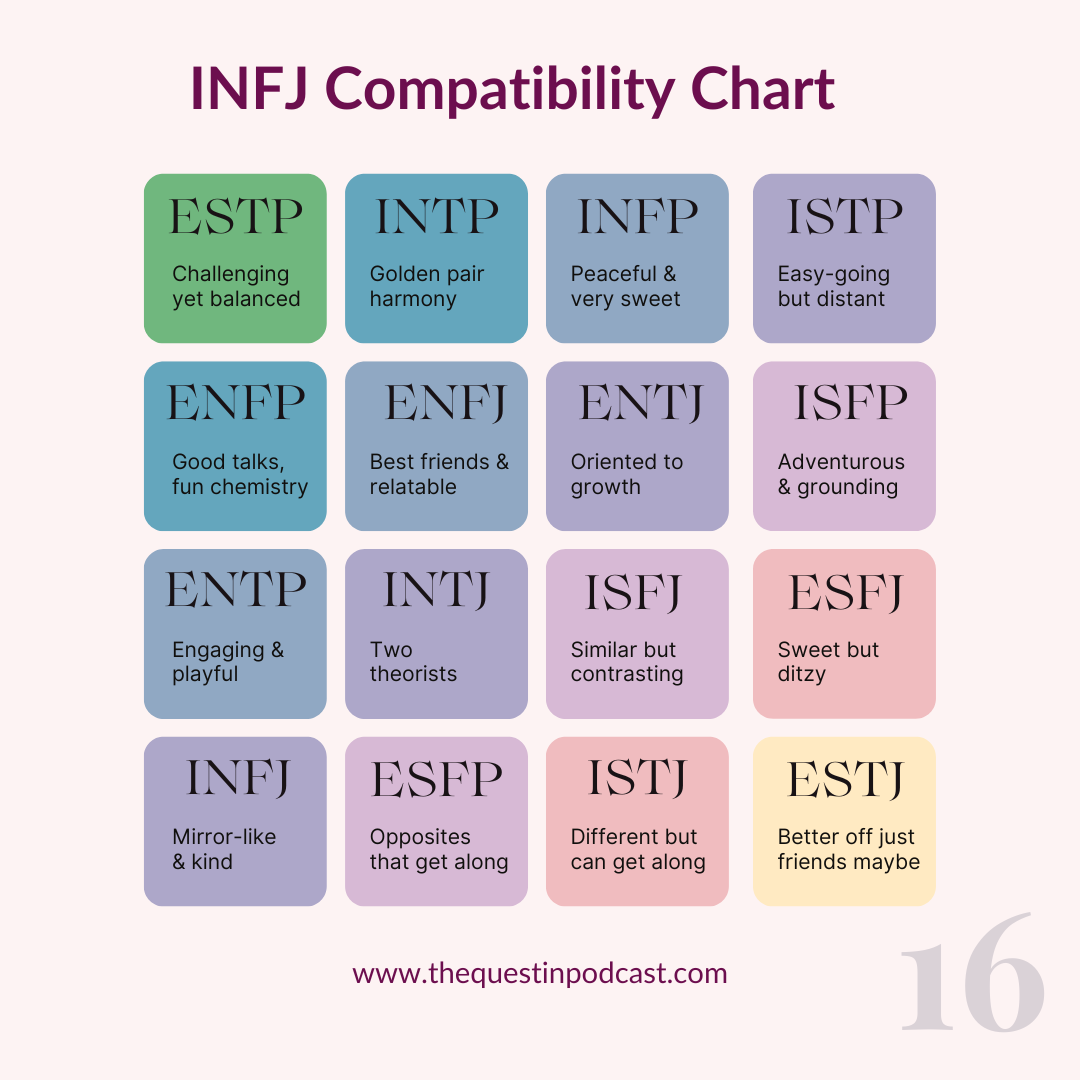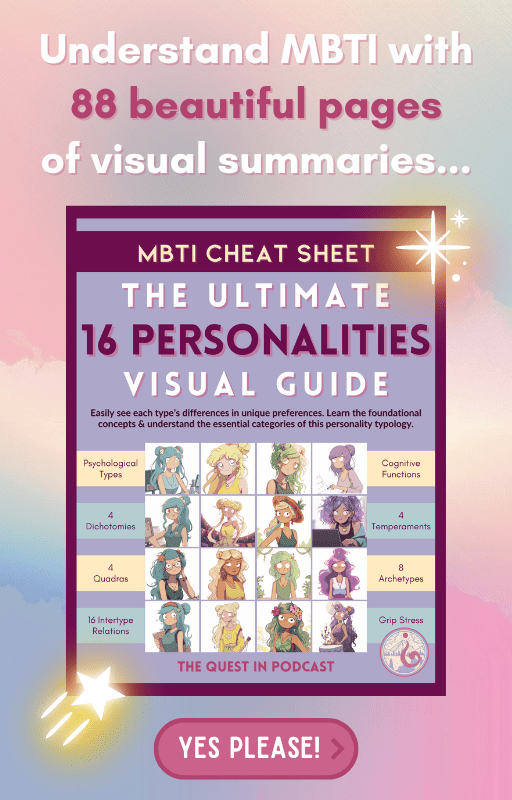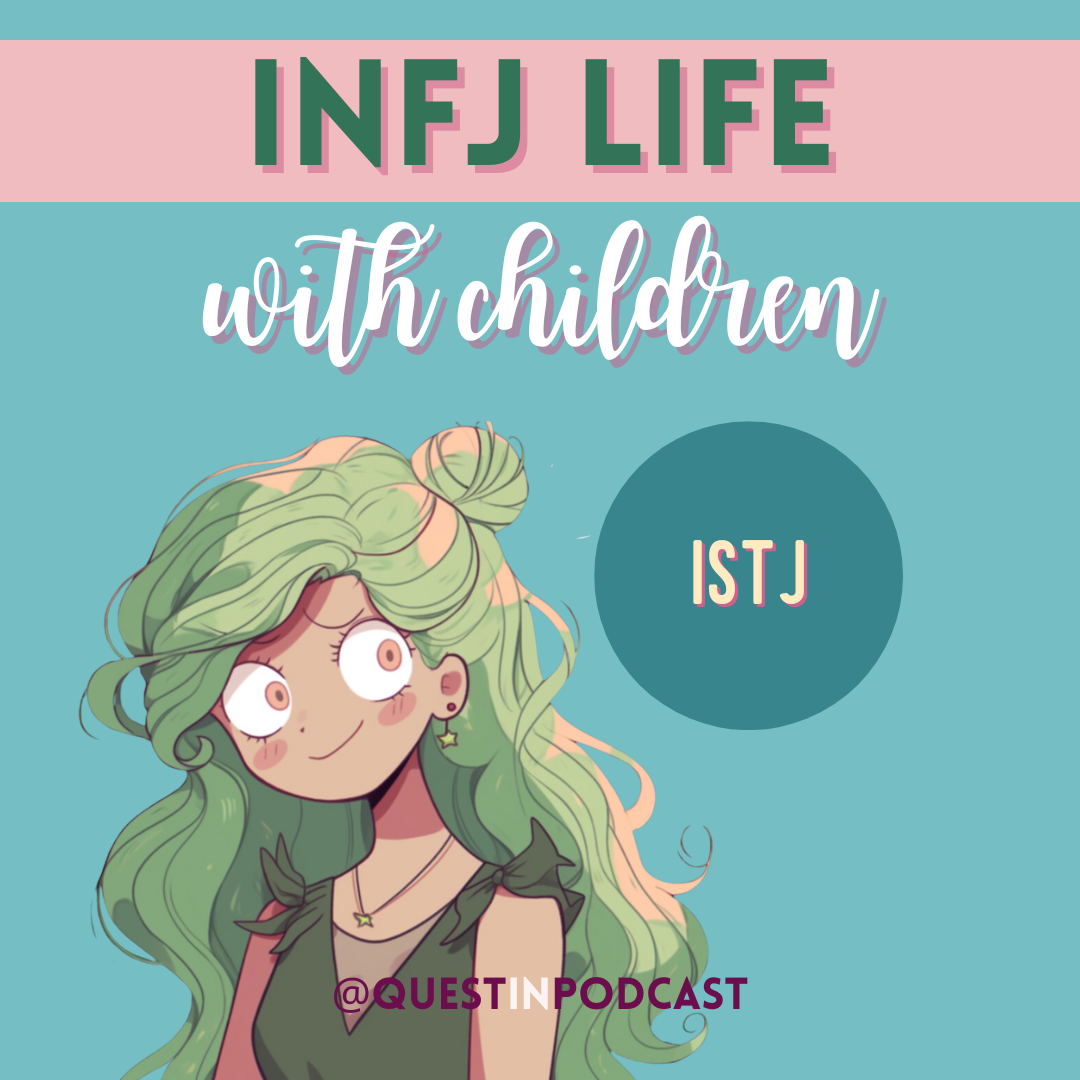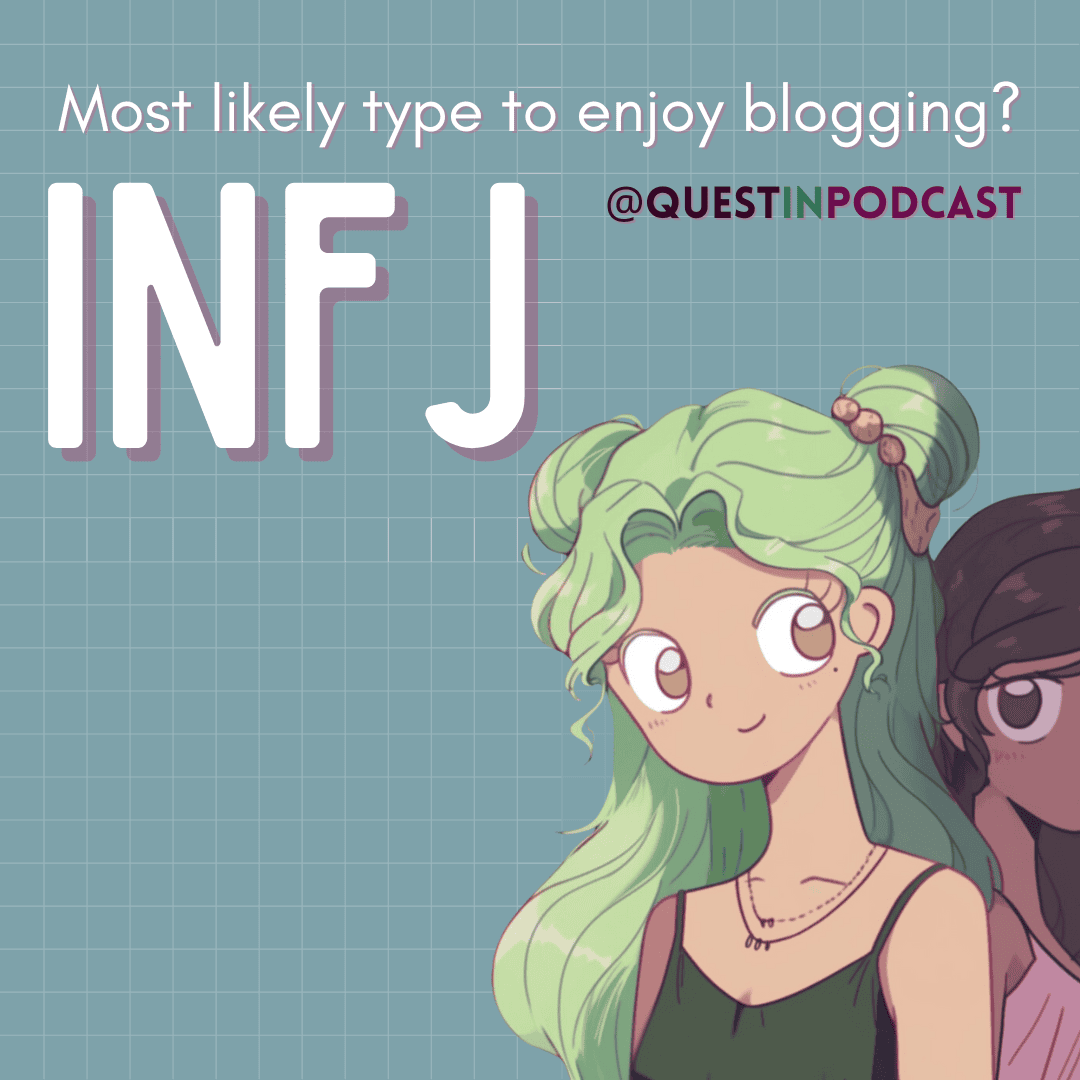
INFJ Dark Side & Unexpected INFJ Toxic Traits
What is the INFJ Dark Side?
Are you wondering about the darker aspects of the rarest personality type? Is the sage mystic a psychic unicorn empath? Explore the INFJ dark side in this article to learn the more heavy depths of this MBTI personality type.

I’ll walk you through how each of the 8 cognitive functions manifests in an INFJ, with energy that each function depicts as an archetype that really explains the personality aspect.
The INFJ Ego Potential Toxic Traits
The first four cognitive functions are conscious and together create the EGO of an INFJ with an order of Ni-Fe-Ti-Se.
Conscious (Ego) Functions of an INFJ
- Introverted Intuition (Ni)
- Extroverted Feeling (Fe)
- Introverted Thinking (Ti)
- Extroverted Sensing (Se)
Hero: Introverted Intuition (Ni)

In good times, introverted intuition (Ni) is amazing at figuring out innovative solutions to challenging problems, recognizing patterns, and distilling mass into principle. It is a creative function that is very cerebral and operates in abstract thought. Ni-dominant types (INFJ Advocate + INTJ Mastermind + ENFJ Mentor + ENTJ Commander) are incredibly creative in discovering important insights.
The weakness of introverted intuition (Ni) is that it is a VERY subconscious function, which means that it operates a majority of the time automatically and without conscious effort. It’s like a computer program that is always just running. As a result, it can find more hidden truths than other functions would but it can also be inaccurate sometimes.

Without conscious filtering of each conclusion, some faulty thoughts do get through from time to time. Then what that looks like in personality is someone who might think they are right about something when they could be totally wrong. This toxic trait plays out as a wrongful assumption and inappropriate accusation.
A Ni-dominant will usually recognize this weakness in themselves if they are humble and mature enough to admit so.
Parent: Extroverted Feeling (Fe)

The parent function is a way to operate responsibly and usually manifests in how a type preferentially cares for others. Extroverted Feeling (Fe) could arguably be the most parent-like cognitive function. When used appropriately and positively, extroverted feeling (Fe) knows how to serve others to make them feel heard, seen, and genuinely loved. It is a caring warmth that exudes authentic support.
Does extroverted feeling (Fe) even have a dark side potential?

Of course, it does. In fact, it could get super toxic if used in an unhealthy way.
The superpower of (Fe) is to easily understand others, which allows Fe-conscious types to demonstrate great care for people naturally. However, this function looks very different when used to cause harm or inflict hurt. This toxic trait could manifest as withdrawal from warmth and restraining care.
This negative behavior is usually quite unexpected.
Child: Introverted Thinking (Ti)
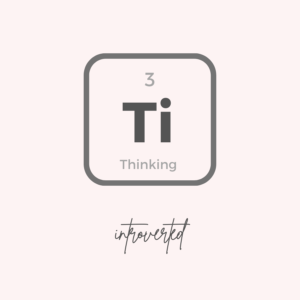
The third function can be considered an underused strength that has a quality of innocence to it. It is usually used without bad intentions and can be naturally developed with a focus on doing so. Perfect logic is usually an appreciated by-product of introverted thinking (Ti), which functions to learn the why (versus the how) of something.
An INFJ personality type could be considered as much a thinker as she or he is a feeler because the (Fe) and (Ti) are kind of equal in strength and development for a typical INFJ. Additionally, the third “child” function matches the introversion (or extroversion) or a type and therefore is a more preferred level of stimulation and operation.

INFJs are without a doubt a very smart type and usually enjoy teaching others about a variety of topics that they have learned and extensively researched. The downside of this function (Ti) in this position is that sometimes they are wrong.
Since usually they are right with their thinking, this is a potential blindspot that they may fail in acknowledging.
This is similar to the way introverted intuition (Ni) might become toxic. Faulty thinking can lead to wrong conclusions, but an INFJ usually won’t be too prideful in admitting to their mistakes.
Anima/Animus Inferior: Extroverted Sensing (Se)
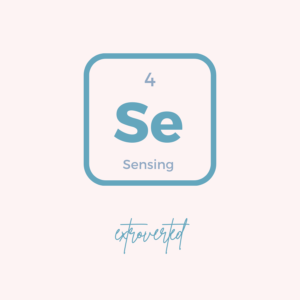
The fourth function is also called the “aspiration” function, which embodies the energy of what a type desires to work towards to. Extroverted sensing (Se) is a very vivid reality function that can be very sensation-seeking and fun. An INFJ could live in the moment when operating in extroverted sensing (Se), but this could also lead to impulsivity and poor decision-making.

Opposite to the hero function, the inferior function has the potential to put a type in a “grip.” This toxic trait, especially as a Se-grip, results in many mistakes and regretful choices.
It will be very out of character with the usual personality type of an INFJ and will probably need time, wisdom, and help to recover.
The Shadow Side of an INFJ
Nemesis: Extroverted Intuition (Ne)

In the shadow operation, extroverted intuition (Ne) is the source of worry for an INFJ. What that means is that this personality type can have a powered-up pessimism in times of distress. They could be worriers of unlikely what-if scenarios.

This can be balanced well with Ne-dominant types that can show the INFJ how to generate more optimistic outcomes in mind, such as the ENFP Inspirer, INFP Dreamer, ENTP Debater, and INTP Researcher.
Critic: Introverted Feeling (Fi)

The sixth function is a source of insecurity that a type heavily self-criticizes themselves about.
For the INFJ, this function is their own feelings and values. They often undervalue themselves and how they are truly feeling about something.

The dark side of this insecurity is when feelings get too strong and can take over the rationale of an INFJ. When emotionally activated, they may make very angry or hurtful choices that negatively affect their own lives or the experience of others.
It could feel like an explosion that came out of nowhere, usually the result of an unchecked buildup of resentment.

With maturity, this can be resolved by prioritizing one’s own feelings. An INFJ can learn how to do this from types that are Fi-conscious, such as the ISFP Designer, ESFP Entertainer, INFP Dreamer, and ENFP Inspirer.
Trickster: Extroverted Thinking (Te)

This function is the absolute blindspot weakness of an INFJ. What that looks like is sometimes (maybe oftentimes) choosing choices with sub-optimal efficiency. It also means deprioritizing the how of plans, which can lead to real delays in goals. The ENTJ Commander is the “direct revisor” intertype relation in Socionics for an INFJ and is one type that can really help to refine this weakness in them.

The unhealthy result of seventh-function extroverted thinking (Te) is a stubbornness to submit to better ways to accomplish a goal. Especially with the Ni-Ti combo, this Te-blindspot can make INFJs pretty slow at making progress in their goals. The bright side to this is they do have a high level of natural persistence to progress and an effortless resiliency to failure.
Demon: Introverted Sensing (Si)
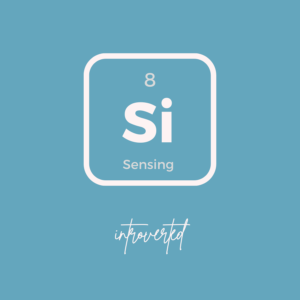
The eighth function poses a potential for corruption. INFJs undervalue and dislike introverted sensing (Si), leading to deprioritizing stability and dutifulness.
This function is entirely opposite their hero function of introverted intuition (Ni) which desires to innovate radical change. The toxic manifestation of this may lead to anti-collectivist thoughts.
Conclusions to INFJ Dark Side & INFJ Toxic Traits
INFJs can operate as sigma individuals, embodying a sort of “lone wolf” spirit in essence. Their values and choices are very personal and they can be very set in thinking.

Their kindness has limits and their rationale has weak spots. As a rare type, they often feel like outsiders and are commonly misunderstood. Many times, they don’t even understand themselves.
The mind of an INFJ operates outside of its conscious control a majority of the time.
This Myers Briggs (MBTI) typology framework however offers true productive insights into understanding yourself.
Thank you so much for visiting! I hope you enjoyed the read.
Are you an INFJ? Let me know in the comments below if you can relate to this post.
You might just enjoy these 3 articles below too…




